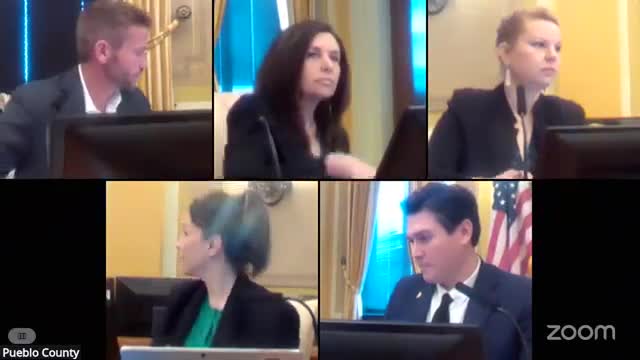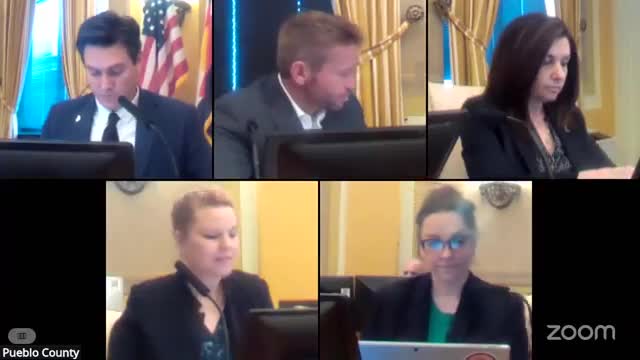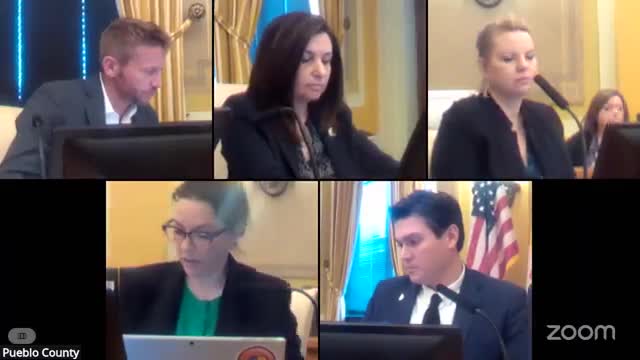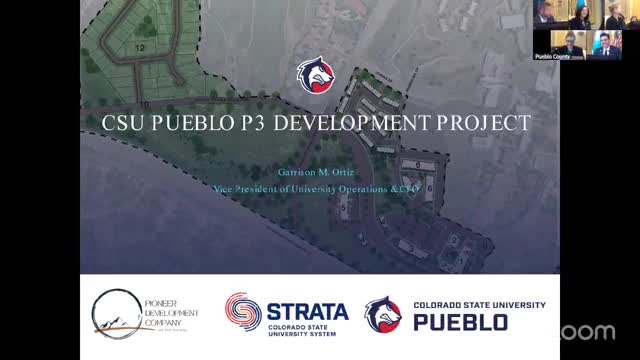Article not found
This article is no longer available. But don't worry—we've gathered other articles that discuss the same topic.

Pueblo County commissioners tentatively approve small event grants, ask for spending details

Commissioners debate expanding marijuana‑excise scholarships to longer‑term residents and trade programs

County manager directs sharper focus for next round of House appropriations community project requests

